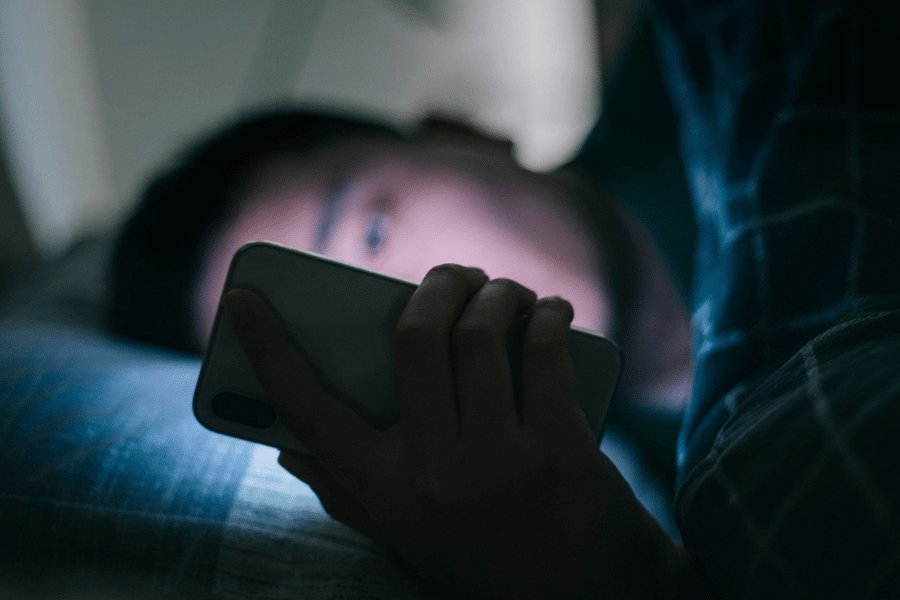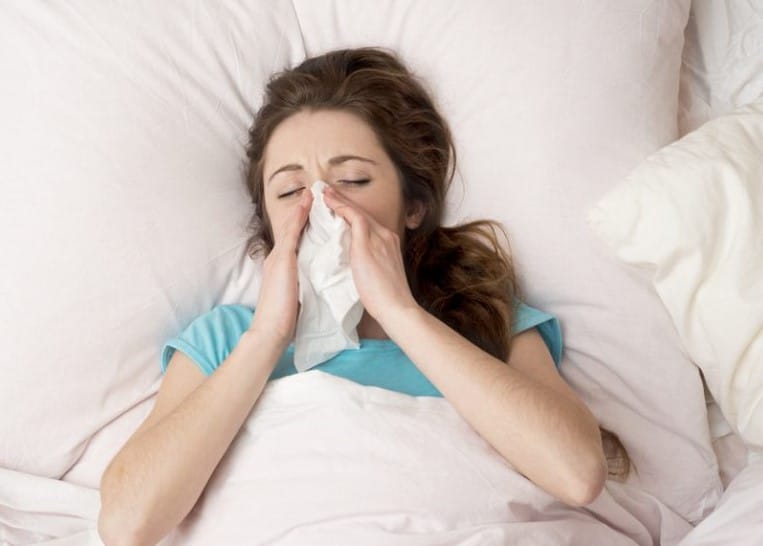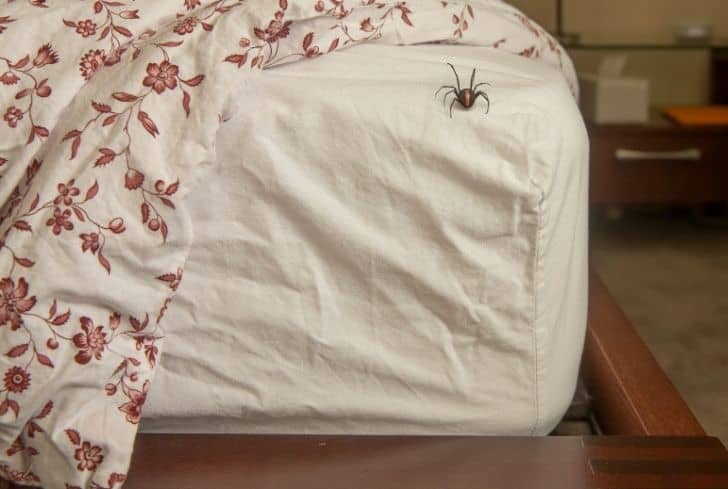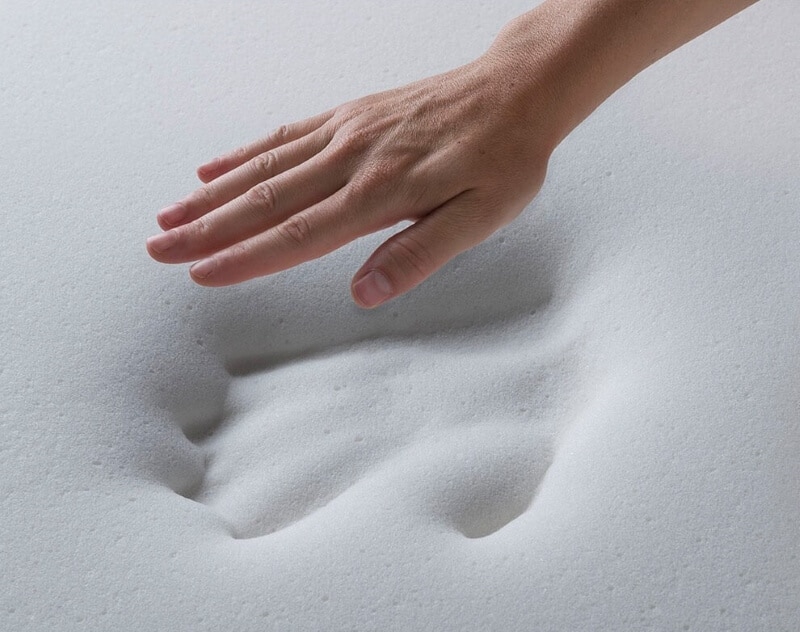

Are you trying to lose weight? Thinking about what happens to your body during the nightly period of rest can help. You may think your body is turned off during sleep. However, it maintains an active cycle that is important for our bodies. It’s burning off energy as we sleep. This is what helps your metabolism stay healthy and keep you at a healthy weight. Without that, weight loss will be tough. So, getting a good night’s rest is vital to having good health, and having the right pillow to fall asleep on can help, too. So, how many calories do you burn sleeping and how can you make sure it’s enough for weight loss? We will talk about that, how to burn more calories, and what happens when they do.
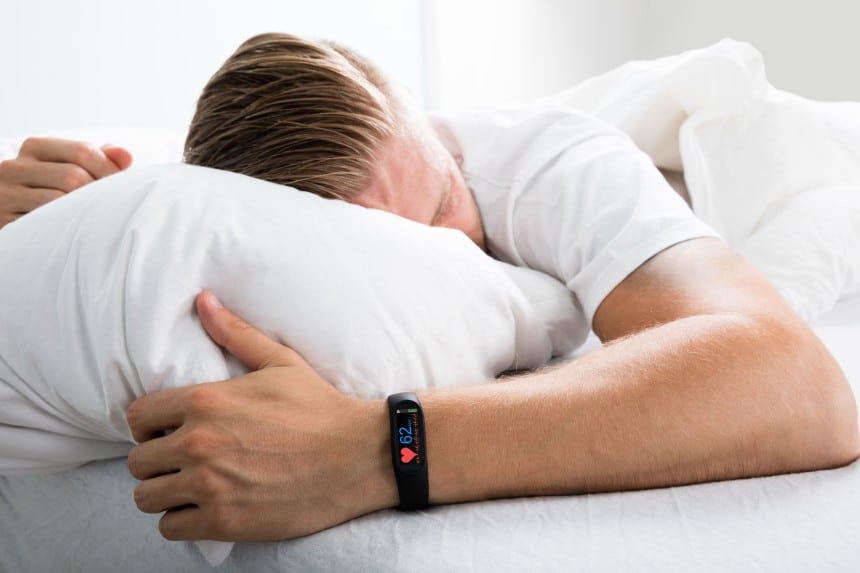
The metabolic rate in each person will be different due to lifestyle habits and just overall genetics. You will notice someone who is older in age having a lower metabolic rate versus someone younger. Some other factors include:
Some of these are things you cannot change, but there are things that you can. Watching what you eat and making sure you are getting enough sleep every night will change a slow or overactive metabolism.
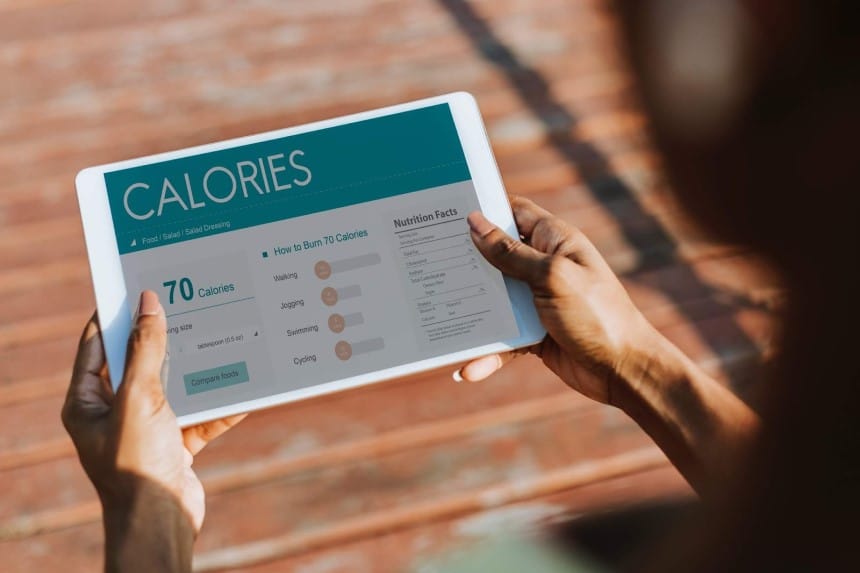
Each one of these needs a large amount of energy for them to work correctly. So, as you sleep, it doesn’t stop. If it did, you would probably not be alive. Basically, the BMR is the number of calories burned by these operations every day and this determines your basal metabolism.
According to Medical News Today, Trusted Source Calories burned while sleeping: How to calculate Even when resting or asleep, the body is continuously burning calories to stay alive and healthy. A person can estimate how many calories they burn while sleeping by first calculating their basal metabolic rate (BMR). BMR is the number of calories that the body burns each day when at rest. Learn more here. www.medicalnewstoday.com If you want a truly accurate depiction of this, you will need a special monitor to determine how much oxygen you are using. Besides that, a quick way to do this is using what is called the Harris-Benedict equation. To calculate the number of calories, the formula is as follows:
BMR = 665.1 + (4.34 x weight in pounds) + (4.7 x height in inches) – (4.68 x age in years) This is for females.
For the males, you can use this formula:
BMR = 66.47 + (6.24 x weight in pounds) + (12.71 x height in inches) – (6.78 x age in years)
If you input this formula correctly, it will give you the calories you will burn every 24 hours with just the BMR. The formula for BMR as you sleep for both men and women is: (BMR / 24) x number of hours asleep x 0.85
If you want to burn more calories while you sleep, it is possible. When you are in a deeper state of sleep, you get more REM, or rapid eye movement. This makes your caloric burn intensify because of an increased heart rate. The brain activity is greater in REM state, much like when you are awake, and will give you a higher overall calorie burn from your sleep.
The more glucose that is delivered into the blood stream makes your metabolism faster.
Here are some ways to increase your REM:
Tracking your sleep can help you change different things you do during your biggest REM sleep pattern so you can benefit from more caloric burn each night. But how do you track how you are burning calories? There are several devices, such as the FitBit One Wireless Activity Plus Sleep Tracker, that will track not only the calories you burn at night, how well you sleep and for how long, how many steps you take each day and how many calories you burned while doing so. This would be a great way to see how you are doing when you are first starting out a new fitness routine.
Your body needs to go through all the sleep stages. This is the only way to ensure you will burn the most calories possible while you are sleep. Make sure you have the right sleep environment, like having a dark room that doesn’t have any noise and is cool enough for you to not awaken from being too hot. This is important because you don’t want to interrupt the stages of sleep. Otherwise, you will not get the full benefit of a caloric metabolism cycling through your body.
Maintaining and identifying sleep problems and handling them properly is not something that can ignored. Sleep apnea is one that stops you from breathing until you are jolted back into a breathing state and out of REM. Losing weight and getting a proper diagnose from the doctor can help in these lapse periods of no breathing.
Burning calories is not easy for anyone. To someone who is overweight, it can seem like an unattainable task. However, everyone sleeps and who knew by getting a good night’s rest that you could get a good caloric burn going. How many calories do you burn sleeping? It all depends on you and your habits. Most things you can control such as how well you sleep, how good of an REM you are getting, your diet, whether you exercise or not. Other factors, like your genetics, your height and weight, you cannot. Good thing you will have the right knowledge and equipment to do so.
